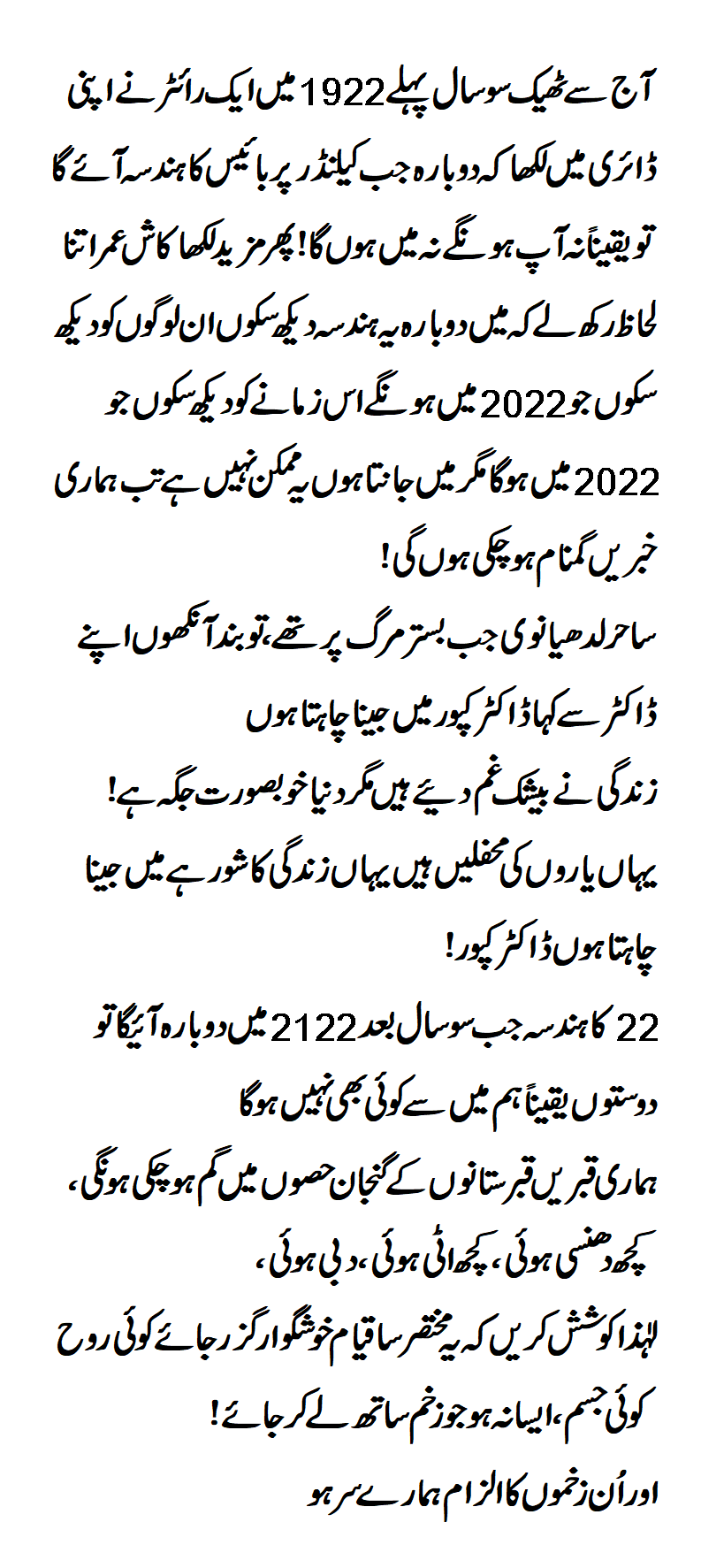Joyce’s Ulysses and Eliot’s The Waste Land are rightly hailed as masterpieces – but they unfairly overshadow the year’s other great books, writes John Self.
In our age of Covid-19 and climate change, it’s easy to think that no one has had it tougher than us. But 100 years ago, people thought the same. World War One and the Spanish flu pandemic had each killed tens of millions of people, and the social order in Europe had been overturned. Even in the years before these cataclysmic events, an increasingly technological society – cars, planes, the first radio broadcasts – felt as revolutionary to those born in the 19th Century as the internet does to those born in the 20th.
The response of artists and writers was to remake their work: a way of seeking either to control the strange and uncontrollable, or simply to portray it more truthfully. If the world is chaotic and unsettling, went the reasoning, then the music, art and writing must be too. Spanning several decades, the modernist period gave us the atonal music of Berg and Schoenberg and the Cubist paintings of Picasso and Braque.
In literature the response to the challenges and opportunities of the early 20th Century was Modernism – the rejection of traditional linear storytelling and the use of more challenging styles to reflect the new world – and its annus mirabilis is usually seen as 1922. It was an apt time for breakthroughs: the same year saw, among other world-defining events, the appointment of Joseph Stalin as General Secretary of the Communist Party in Russia, the first treatment of diabetes using insulin,
and the creation of the BBC. In literary terms, this was the year stamped at one end by James Joyce’s novel Ulysses (first published 100 years ago today, on 2 February; Joyce’s 40th birthday) and at the other by TS Eliot’s book-length poem The Waste Land, published in October. These were books like nothing quite seen before, in their style, scale and ambition: in England the novel in this era was dominated by social realists writing traditional narratives, and poetry by the so-called Georgian movement of pastoral poems in sing-song rhythms.
